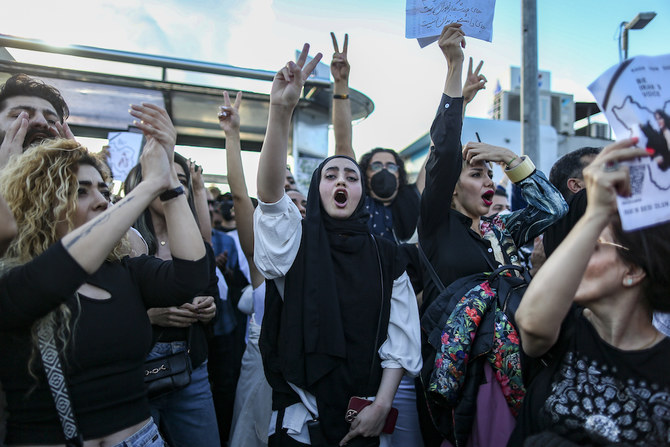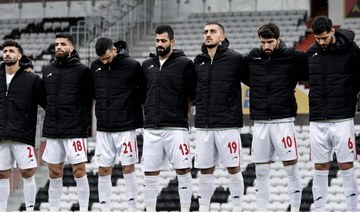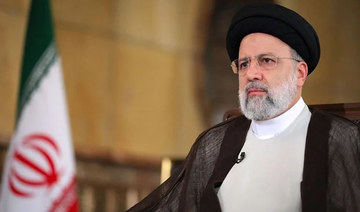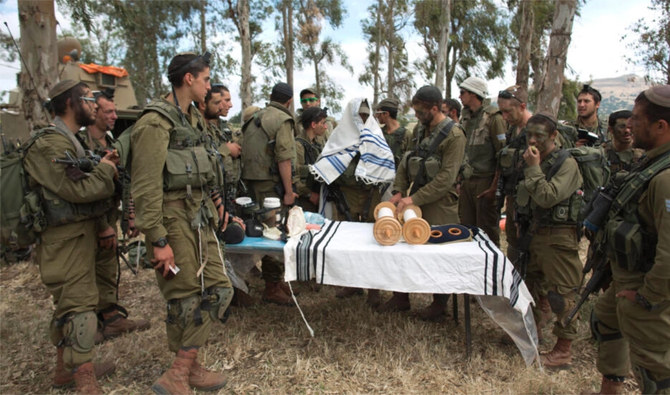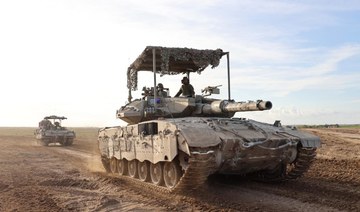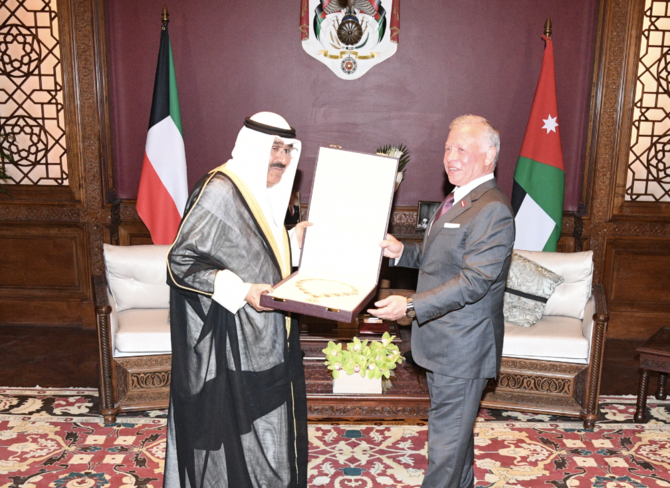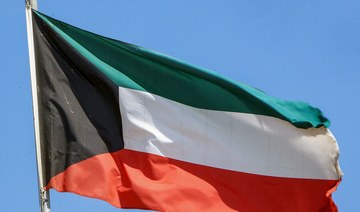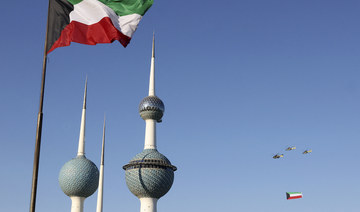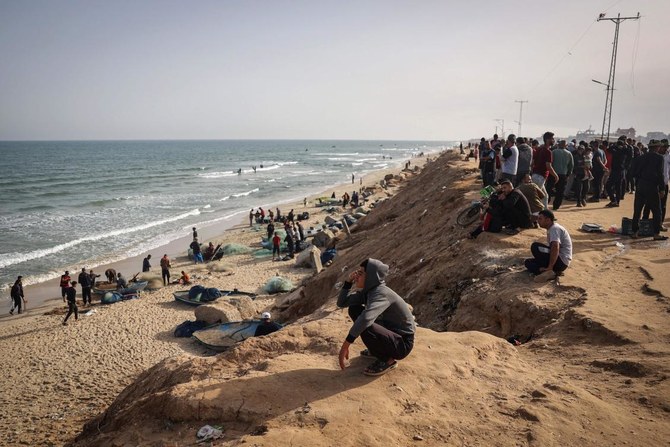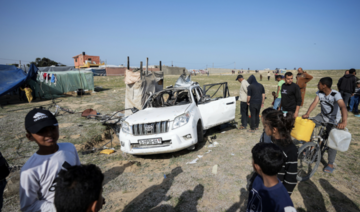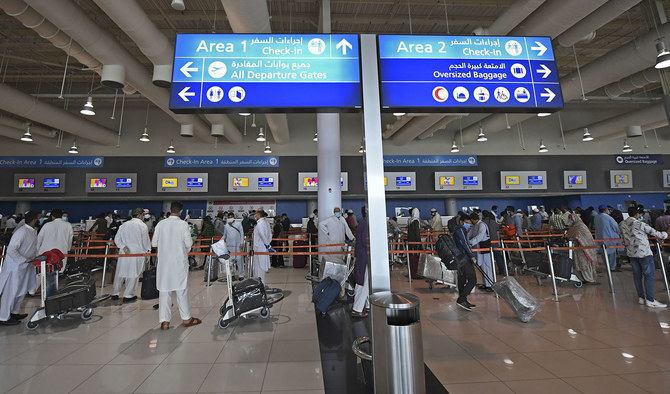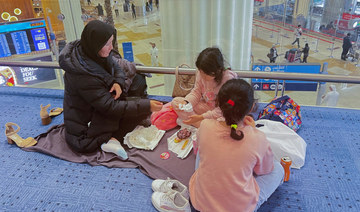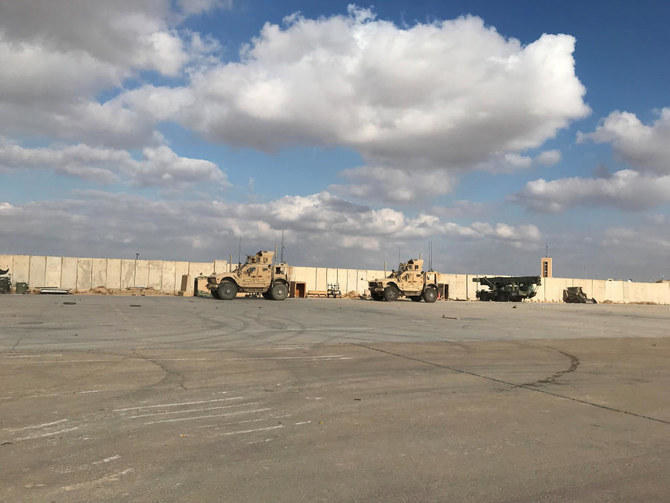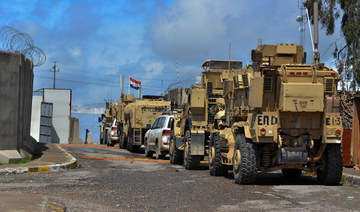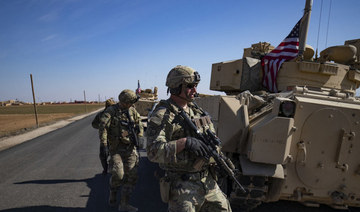At least 92 people have been killed nationwide in Iran's crackdown on two weeks of protests that erupted following the death of Mahsa Amini who had been arrested by the morality police, the Norway-based Iran Human Rights (IHR) NGO said on Sunday.
"The international community has a duty to investigate this crime and prevent further crimes from being committed by the Islamic Republic," said IHR director Mahmood Amiry-Moghaddam.
Its previous toll had said 83 people were confirmed to have been killed in the protests.
Meanwhile in the city of Zahedan in the southeastern province of Sistan-Baluchistan at least 41 people were killed by the Iranian security forces in clashes that erupted last week, IHR NGO said.
IHR accused the security forces of "bloodily repressing" a protest that erupted on Friday after prayers in Zahedan over accusations a police chief in the port city of Chabahar, also in Sistan-Baluchistan province, had raped a 15-year-old girl from the Sunni Baluch minority.
It said the identities of those killed had been confirmed by the regional NGO Baluch Activists Campaign (BAC). Iran says five members of the Revolutionary Guards were killed in Zahedan in what official media described as a "terrorist incident".
IRGC intelligence chief killed
Ali Mousavi, IRGC intelligence chief of Sistan and Balochistan, was shot during the confrontation with protesters. The IRGC-affiliated Tasnim News Agency reported that Mousavi was pronounced dead at a hospital.
Mousavi’s killing was claimed by the Jaish Al-Adl militant group, which says it is fighting for the independence of Sistan and Balochistan and greater rights for Baloch people, who are the main ethnic group in the province.
Footage emerging from Zahedan showed people carrying dead and wounded protesters amid heavy gunfire.
IRNA on Saturday identified the dead as Hamidreza Hashemi, a Revolutionary Guard colonel; Mohammad Amin Azarshokr, a Guard member; Mohamad Amin Arefi, a Basiji, or volunteer force with the IRG; and Saeed Borhan Rigi, also a Basiji.
Weeks of protest
Thousands of Iranians have taken to the streets over the last two weeks to protest the death of Mahsa Amini. The protesters have vented their anger over the treatment of women and wider repression in the Islamic Republic. The nationwide demonstrations rapidly escalated into calls for the overthrow of the clerical establishment that has ruled Iran since its 1979 Islamic revolution.
The protests have drawn supporters from various ethnic groups, including Kurdish opposition movements in the northwest that operate along the border with neighboring Iraq. Amini was an Iranian Kurd and the protests first erupted in Kurdish areas.
Iranian state TV has reported that dozens of protesters and police have been killed since the demonstrations began Sept. 17. An Associated Press count of official statements by authorities tallied more than 1,500 demonstrators arrested.
On Friday, Iran said it had arrested nine foreigners linked to the protests, which authorities have blamed on hostile foreign entities, without providing evidence.
It has been difficult to gauge the extent of the protests, particularly outside of Tehran. Iranian media have only sporadically covered the demonstrations.
Iranians based abroad and their supporters gathered in cities around the world in solidarity.
“Woman, life, freedom” and “Death to the dictator”, they chanted in the streets of Amini’s hometown of Saqqez, in Kurdistan province.
Riot police massed at major road junctions across the capital, as students demonstrated in Enghelab (Revolution) Square near Tehran University in the city centre to press for the release of arrested students.
Police clashed with the protesters who were chanting slogans and arrested some of them.
Video footage shared by the Oslo-based Iran Human Rights group also showed student protests in other cities, including second city Mashhad and Karaj, west of the capital.
The protesters were seen chanting and women having removed their headscarves.
Demonstrations of support were called in 159 cities across the globe — from Auckland to New York and Seoul to Zurich, the Iranians for Justice and Human Rights group said. In Rome, at a rally of about 1,000 people, a half dozen women cut their hair in solidarity.
Iranian opposition leader Mir Hossein Mousavi, meanwhile, reminded Iran’s armed forces of their duty to people’s lives and rights, the foreign-based opposition Telegram channel Kaleme reported.
Mousavi’s Green Movement challenged Iran’s disputed 2009 presidential election in unrest at a level unseen since its 1979 Islamic Revolution before being crushed by authorities.
“Obviously your capability that was awarded to you is for defending people, not suppression people, defending oppressed, not serving powerful people and oppressors,” he said.
(With AFP and AP)





